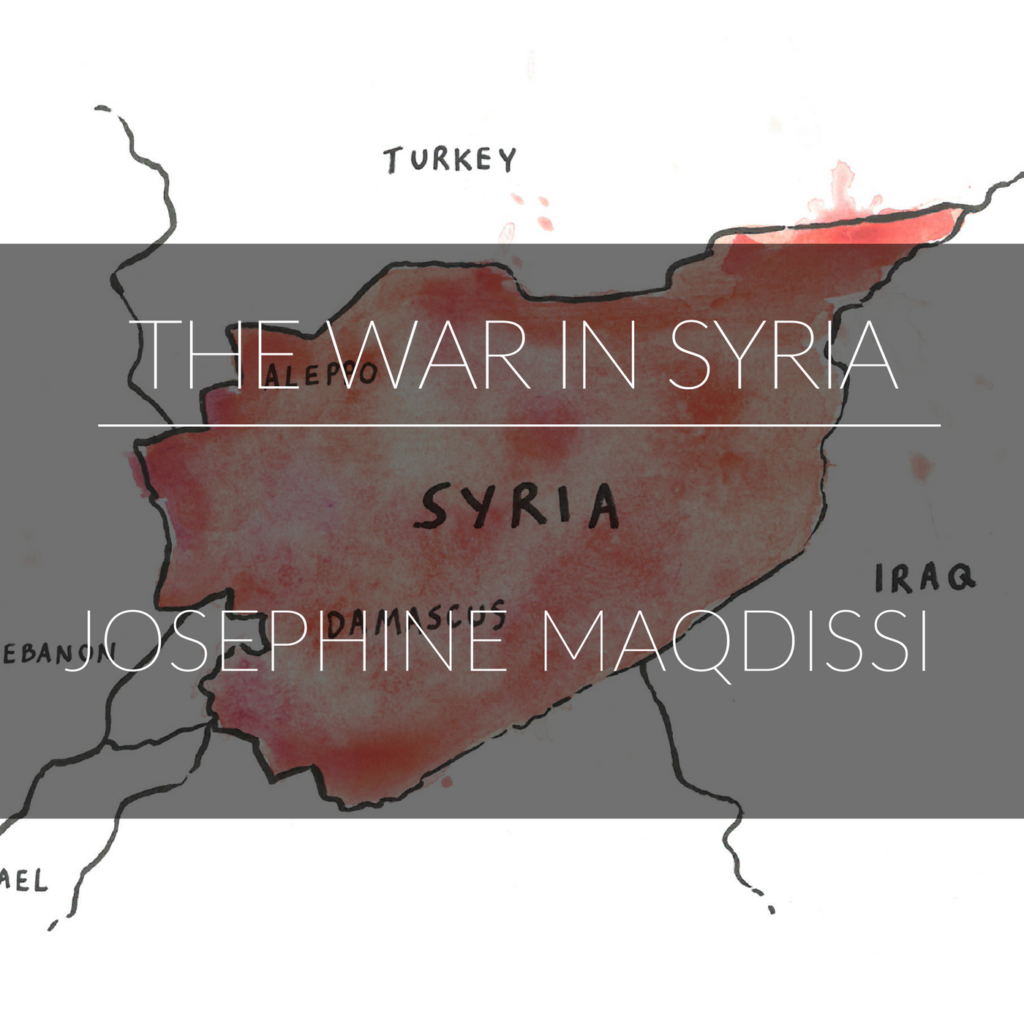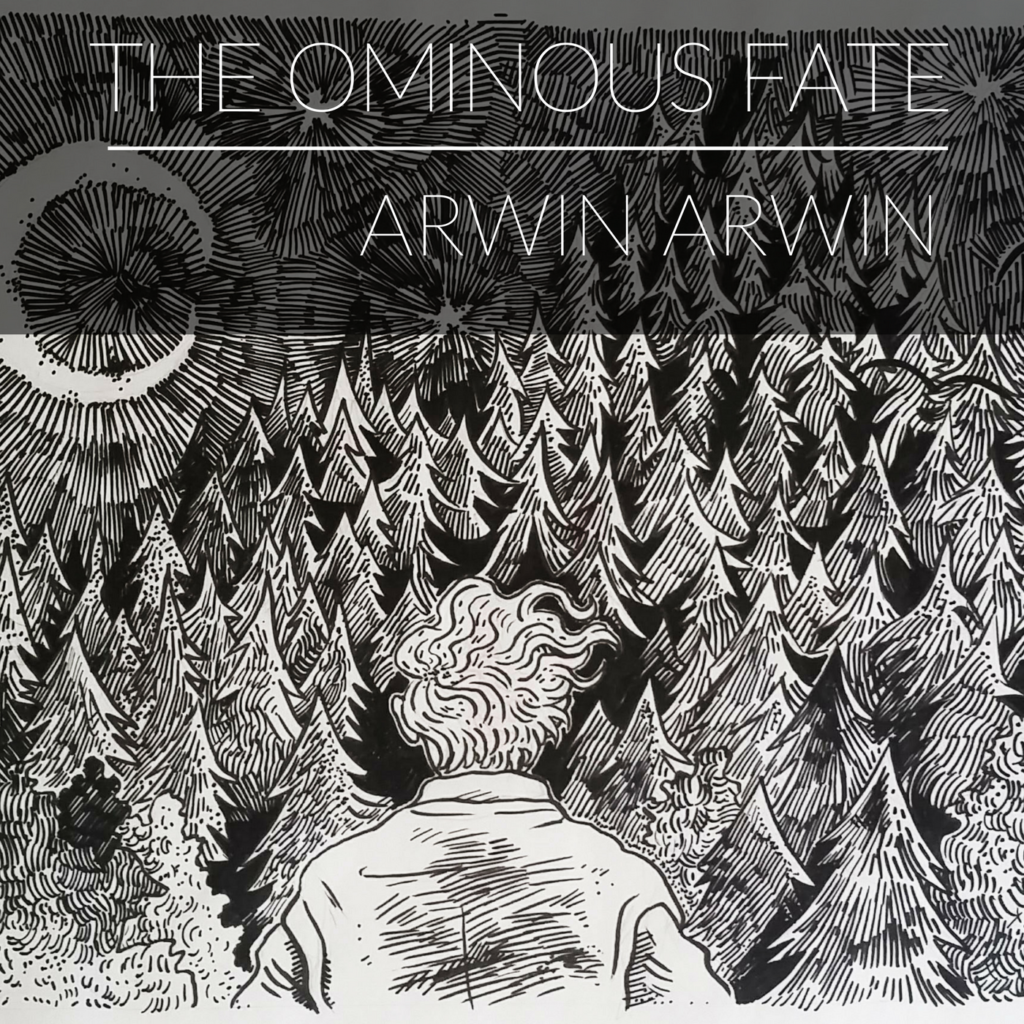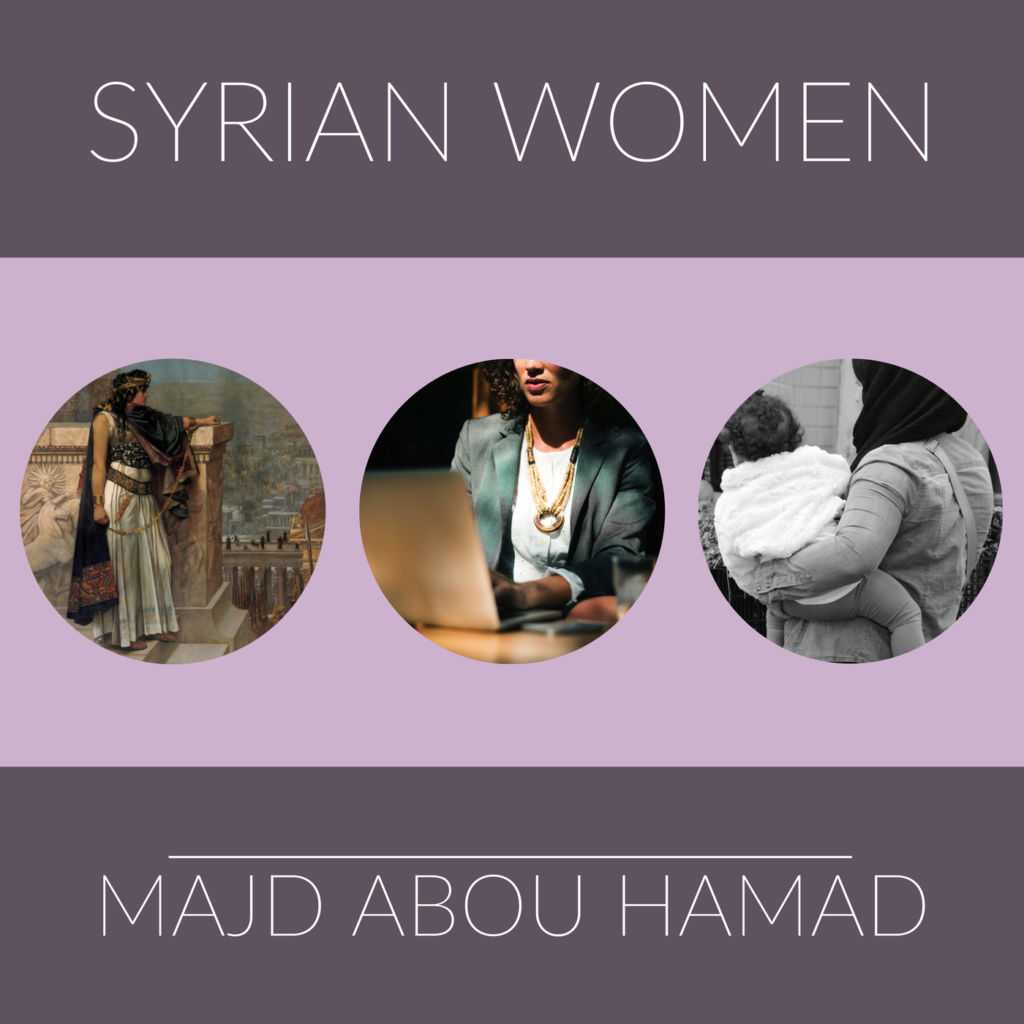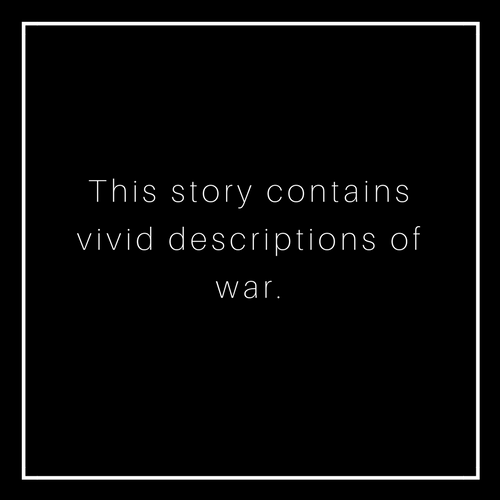by Mohammed Al-Basir
The Yemeni people have been in the cross fire of a destructive war and the world’s largest humanitarian crisis for the past three years, but you probably haven’t heard much about it on the news or in the media. Yemen is the poorest Arab nation and has been in a severe economic situation since 2004. Just before the war broke out, Yemen’s sovereignty was fragile and many regional powers were influencing decision making in Yemen. This led to the devastating conflict that is still occurring as I write this. But because Yemen isn’t a wealthy country, the international community has not paid much attention to this crisis. And with 70% of the Yemeni population being illiterate, it is hard for Yemenis to voice their opinions in regards to the current war.
But Yemen is more than just conflict.
Being born there and living most of my 19 years in Yemen. I’m certain that Yemen is a place that’s worth visiting, it’s a lively nation full of kind hearts, caring people, loving families, communities and delicious food. If you’re wondering what Yemen is really like, take a look at this video.
Yemen is a place that a person’s soul attaches to. The idea of leaving Yemen had never crossed my mind. But fate had a different plan for me.
25th of March, 2015. I was in high school, and I had an Arabic exam the following day. I studied at a friend’s house. We revised long into the night, but we still couldn’t finish our study loads. It was late, so I headed home to get enough sleep.
When I got home, I told my mother about how I wasn’t prepared enough for the exam. We talked for a while about my studies and the security situation In Yemen and how the country was on a verge of a military coup. I jokingly suggested that maybe school would be suspended tomorrow because of the unstable situation and I’d avoid the exam. Then I said goodnight and went to sleep.
At two in the morning, I awoke to the sound of explosions and loud noises that were above usual. I went in to check on my mother.
“What’s with all the bombing?” I asked.
She replied, “It is much louder than usual, but we can’t be sure of anything because of the power cut.”
Our smartphone batteries were dead and there was no way to get in touch with anyone. But because my mother was a high-ranking official in the government, we fortunately (and unfortunately) got the news earlier than most of the Yemeni population.
We heard a loud knocking at the door. As I stood up to open it, my mother screamed.
“No! It’s dangerous don’t.”
Then from behind the door we heard the person scream back, “It’s us, I’m Naser, open the door.”
So I did.
Naser walked in with a serious look and asked my mother, “Is there somewhere we can talk in private?”
“Yes,” my mother replied with a worried tone as she glanced at me.
The supreme National Anti-Corruption Committee (which my mother worked in), was ensuring the safety of those who worked in the committee, and Naser was here to check on us and explain the situation. My mother asked me to leave the room, but I insisted on staying. She allowed me to stay, and assured Naser that it is okay for him to talk in front of me.
Naser started briefing my mother on the situation, I still remember his angry and frustrated tone. “The President fled house arrest and the country. He’s asked for a military intervention from Saudi Arabia to restore his legitimacy as the voted president. What you are hearing now is the sound of Saudi Jets bombing military camps, weapons artillery and infrastructure that can be used by the coupists to form any resistance”.
My mother was out of words. What I joked about irreverently, had become reality.
We couldn’t sleep for a second that night. Our house was really close to a camp that had a large weapon artillery, so we had to leave for our safety. We packed some clothes and started driving to my Grandfather’s house, which was safer for the time being.
All of the family gathered there, we spent weeks not leaving home unless it was necessary. We had to hand wash and reuse the clothes we had because of the power cut. Us teenagers were not allowed to even hangout in our own yard. School was suspended and there was nothing else for us to do but pray and wait for it to end.
20th of April 2015. There were discussions about leaving the country, so me and my mother drove home to pick up clothes and some of our personal stuff. Because of the blockade on domestic and international flights at all airports, we knew it was going to be difficult for us to leave. But even so, we still decided to go to our house to collect our things in the early hours of the morning.
We bought some sandwiches along the way, and when we arrived we sat down to eat them. We talked about how we missed home and how we wanted everything to go back the way it was.
As we started unwrapping our sandwiches, the color of daylight that was beaming through the curtains changed. As I recall, it was dark yellow or even closer to light red. The ground shook and my mother screamed, "Earthquake."
I wish it was.
A jet had dropped a bomb on the camp that was six kilometers away from our house. This is an audio recording from the exact explosion.
The bomb was so big it shook the ground, and broke every window within a 15 kilometers radius. It blew open our garage door, and shrapnel from the explosion took the lives of many innocent Yemeni’s. I still remember after the explosion my mother said she was still hungry. She checked her sandwich and took a deep breath.
"My sandwich is full of shattered glass."
We took our clothes and personal stuff and headed back to my grandfather’s place. On the way, as we were driving by a collapsed building, two men emerged covered with blood and dust, screaming.
“Help.”
I looked at my mother with doubt and asked, “should we stop and give them a lift?”
She replied “Yes”.
They rode with us. I looked back at them and asked, “did the building collapse because of the bomb?”
They replied in unison, “Yes.”
We dropped them off near a public bus. When we reached home, we were fearful, not knowing whether everyone was okay or not. I rushed inside and found no one on the ground floor. I thought to myself that everyone would be in the basement so I went downstairs calling my cousin’s name.
Thankfully everyone was okay. After the bombing stopped we went back upstairs and my grandmother swore she would not stay in Sana’a for another day.
Later that day, we were watching the news and a Saudi spokesperson on TV announced the end of the military operation in Yemen called “Decisive storm.” Happiness overwhelmed us, we screamed and I still remember that my aunt cried. But then they clarified that this doesn’t mean the end of Saudi military operations in Yemen. He explained that a new operation would be launched. Our happiest moment in months was shattered in seconds.
He said the operation was named “Restoring hope,” but hope was not restored. Airstrikes that night continued. We then realized that my grandmother had every right to say what she did.
The next day we woke up late, everyone gathered for breakfast except my grandmother. I asked where she was but no one knew. Half an hour later we got a phone call from my aunt saying that they had left for a coastal city called Hodeida which was far safer than Sana’a at the time. My mother panicked and said that she didn’t expect my grandmother to actually leave Sana’a.
After my grandmother left, everyone considered leaving Yemen by land since Hodeida is closer to the border. We left the next day in fear, at the break of dawn. The road was not secure.
Luckily, we reached Hodeida safely around eleven in the morning. We checked in on my grandmother and we were surprised again. She had already bought us all bus tickets to Saudi Arabia which left later that night. My mother decided that we would leave Yemen with my grandmother.
The bus was scheduled to leave at 9 PM. We boarded the bus, and again we were in fear. Coupists had established security check points all around Yemen, and we were afraid that we would be caught by them on the way. Thankfully, we reached the Yemeni-Saudi Border safely. But we stayed there for almost 6 hours because of the heavy security measures set by the Saudi border control. Our bags were opened, we were frisked top to bottom, and our phones were inspected with detail. After relentless inspection, we were finally allowed to pass the borders.
We still had a long way to go from the border to Jeddah. The whole trip from Hodeida to Jeddah was over twenty-four hours. We arrived exhausted. We were curious about the situation back in Yemen, and didn’t know what to do next.
We got news that the government was regrouping in the capital of Saudi Arabia, Riyadh. Discussions about whether we should go or not went on for days. Sometimes it felt right to go, but mostly it didn’t. Even though the Saudis said they wanted to help us, all we had seen was destruction, not only from the Saudis but from everyone involved.
My mother reached her final decision. We left Saudi Arabia and headed to Jordan. We would reside there, and I would complete high school.
After a couple of months, I started studying in Jordan.
As a Yemeni who lost his country, Jordan became like home. I made lots of friends there and I felt welcomed. Jordan had already taken a special piece of my heart.
Throughout our stay in Jordan, we went through a lot of ups and downs. I still remember my mother needed to have surgery because of an injury she had in her shoulder. She had to sell most of her jewelry to cover the cost. Things even got worse as our savings dwindled. Like many other Yemenis, we had spent a year and a half with no income.
Close to the end of my final high school year, I started my paperwork to join my father in Australia. I was worried about leaving my mother and my grandmother, but I felt it was the only way to be a better person and make them proud.
When I arrived in Australia...
…my father basically waged war against all my dreams. I was deeply interested in politics, coming from a family of politicians. But my father fought my desire to study political science furiously. So I called my mother, but she didn’t support the idea either. For the first time, they agreed on something. I would have appreciated the irony of this, if I wasn’t so frustrated. My mother had seen what politics entailed and I could understand where she was coming from, but not my father.
Me and my father had to part ways because of this (among other reasons). So there I was, alone in Australia with no friends or family. I knew I had to prove myself.
Having to start afresh again was difficult, but it only made me more motivated. I moved in to a new place, and promised to dedicate my time to become a person that my mother could be proud of. I got into the University of Queensland and I was super proud. I remember the first day of university. As I walked into campus I had goosebumps. Yes, I was this proud.
Two months into University, I had the idea of setting up an Arab Student Association on campus. I started asking but was told that an Arab Student Association was already on campus. I was extremely happy, after eight long months without any Arabs, I was finally going to meet some. I attended their next event and got to know everyone there. I had missed the sense of community since arriving to Australia, and I had the utmost desire to serve and protect this Arab community with everything I had.
On that same day, I approached a girl called Sarah, asking her if I could join the executive team or help in anyway. She said that her brother was the President of the Association and introduced me to him. I asked him the same question, and he told me that there was a vacancy in the treasury. I immediately said that I was interested and would love to be part of the association.
A few days later he brought me the good news, I was offered the position! When I left Yemen, I had promised to dedicate my time to my community, and finally I could do that. Since my first day in that job, the Arab Association became family to me.
And things started to get better not only for me, but for my mother as well. She was appointed the Minister of Social Affairs and Labor. It felt right. I was happy because she had chosen to leave, but they still wanted her. I was very proud of her, but I also felt anxious as I realized that my mother had to go back to Yemen. And she did. She did what male ministers and leaders couldn’t do. They chose to stay in Saudi Arabia and she chose to serve Yemen.
But the year went by and Yemen unfortunately did not get any better. There is a saying that one hand can’t clap, and that’s what happened in Yemen. Yemen’s economy collapsed and there was a huge cholera outbreak. On top of this, war and blockades continued.
I finished my foundation year at UQ and applied to study Political Science and International Relations. At that same time, the Association had their yearly elections. I decided to run for Vice President and got elected. I had refused to go back to Jordan until the election was over, even though my grandmother was waiting for me.
I remember her saying, "I won’t go back to Yemen with your mother until I see you." And she didn't.
One day before Eid Aladha (a Muslim celebration), my grandmother passed away. Just like that, everything I had achieved seemed irrelevant because she did not get to see me, and be happy for me.
If it wasn’t for my grandmother and her insisting we leave that day, I might not have come to Australia, or even be alive.
My mother is still in Yemen, serving and doing her public duty. And here I am alone, with a broken soul, a war-torn country and a family that I miss, writing about how I ended up here in the first place.
Do you choose to see the author, knowing that this is one of many stories they have to tell?
Choose another story:
Share this page:
Site made by Freya Wright-Brough 2018
This website is research data. This data is not open to other researchers.



